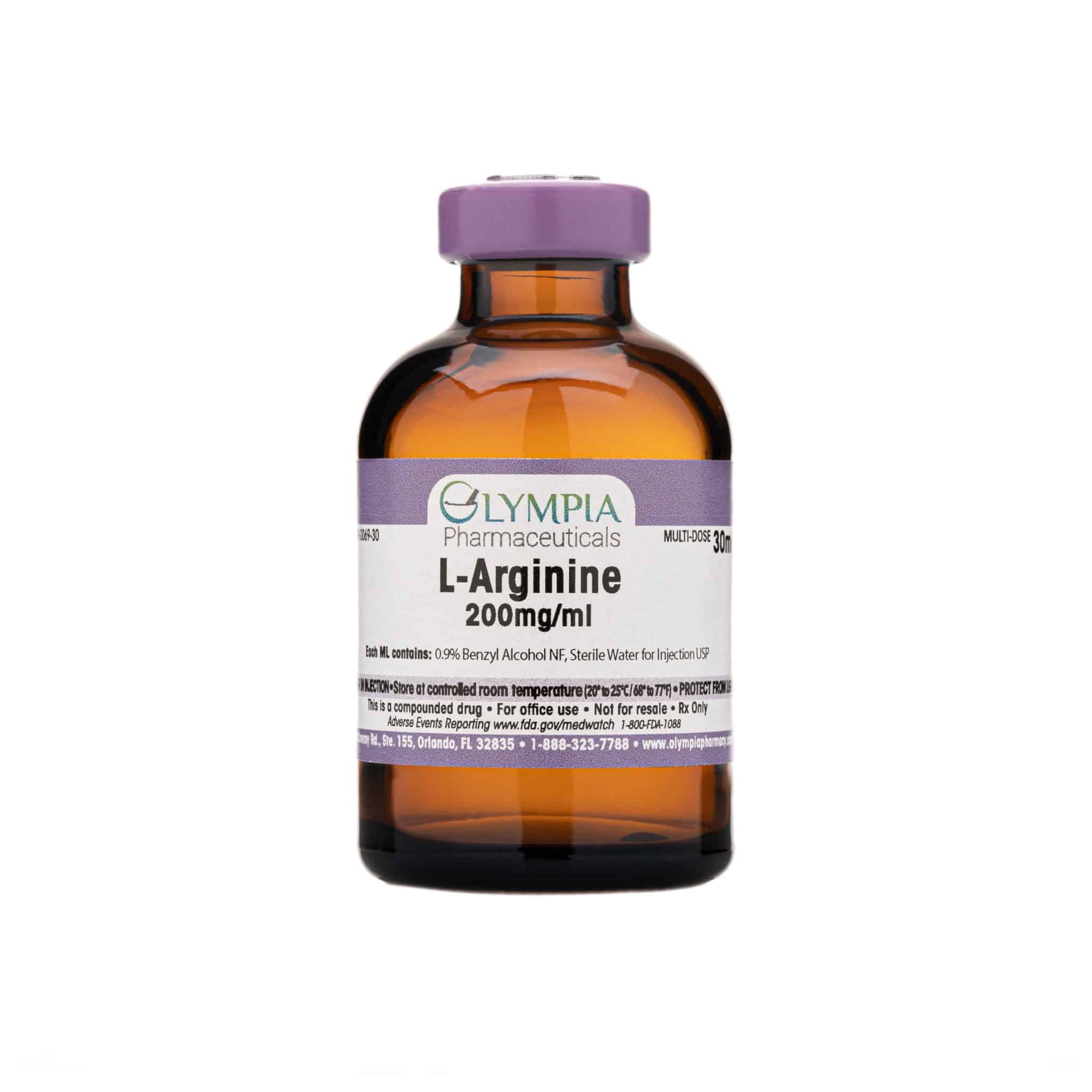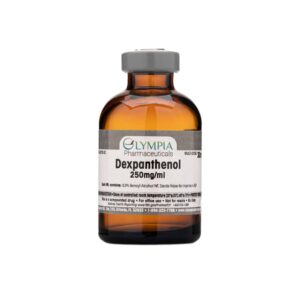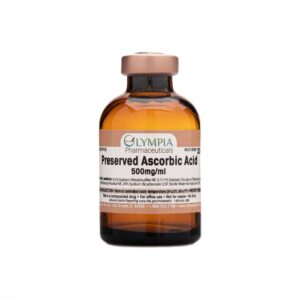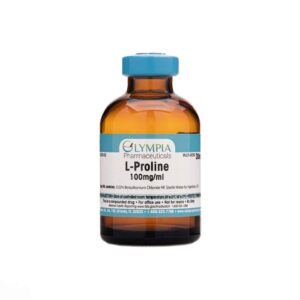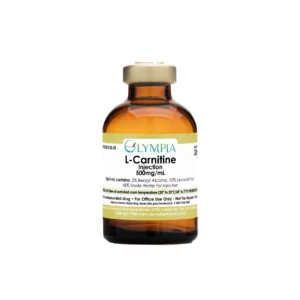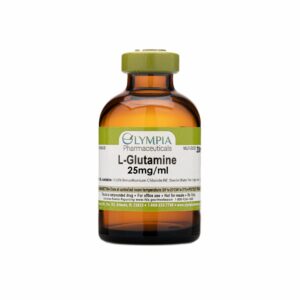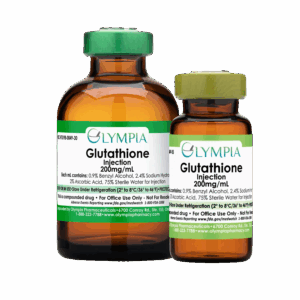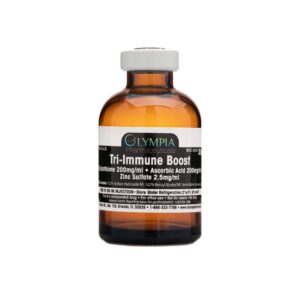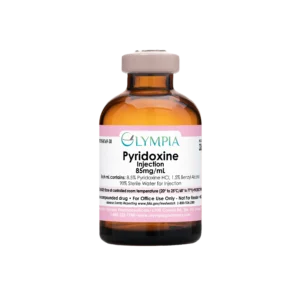L-Arginine Injection
Arginine is used to assess the function of the pituitary gland. It stimulates the pituitary gland to produce growth hormone for the diagnosis of certain conditions.
Concentration
- 200mg/ml
Overview
Arginine, also known as L-arginine, is an amino acid that is a building block for proteins. Arginine is naturally produced in the body and can be found in various foods like red meat, poultry, fish, dairy products, eggs, and seeds. One of its key functions is promoting the dilation or opening of blood vessels. This occurs when arginine is converted into nitric oxide, which relaxes the muscles that constrict blood vessels. Arginine is available as a pharmaceutical supplement and is used to address various conditions. It can stimulate the release of insulin, growth hormone (which aids in muscle growth and fat reduction), and other substances.
Benefits of L-Arginine
In addition to its role in blood vessel dilation, L-arginine may offer benefits in several areas, including improving athletic performance, supporting kidney function after a transplant, managing preeclampsia (a pregnancy-related condition), alleviating inflammation in the digestive tract of premature infants and enhancing immune system function. When applied topically, L-arginine aids in wound healing, improves blood flow to cold hands and feet (particularly useful for individuals with diabetes) and addresses sexual issues in both men and women.
Dosage, Concentration, Route of Administration
Dosage: Seek advice from a licensed physician, medical director, or other healthcare provider
Concentration: 200mg/ml
Route of Administration: IV/IM/SQ
Resources:
Precautions/Side Effects
The effects of L-arginine during pregnancy or breastfeeding are not well understood, so caution is advised. Special precautions should be taken by individuals with asthma, allergies, cirrhosis, herpes, low blood pressure, recent heart attack, or kidney disease. As L-arginine can affect blood pressure, those anticipating surgery should discontinue its use at least two weeks prior to the scheduled date to avoid complications. Close monitoring is necessary for children taking arginine to prevent serious side effects. Moreover, arginine can interact with medications, and it is recommended to consult a doctor before use.
Some common side effects include:
- – Abdominal pain
- – Bloating
- – Gout
- – Diarrhea
- – Blood abnormalities
- – Allergies
- – Airway inflammation
- – Worsening of asthma
- – Hypotension (low blood pressure)
Storage
Store at controlled room temperature. Protect from light.
Have Questions About Arginine or Want a Consultation?
